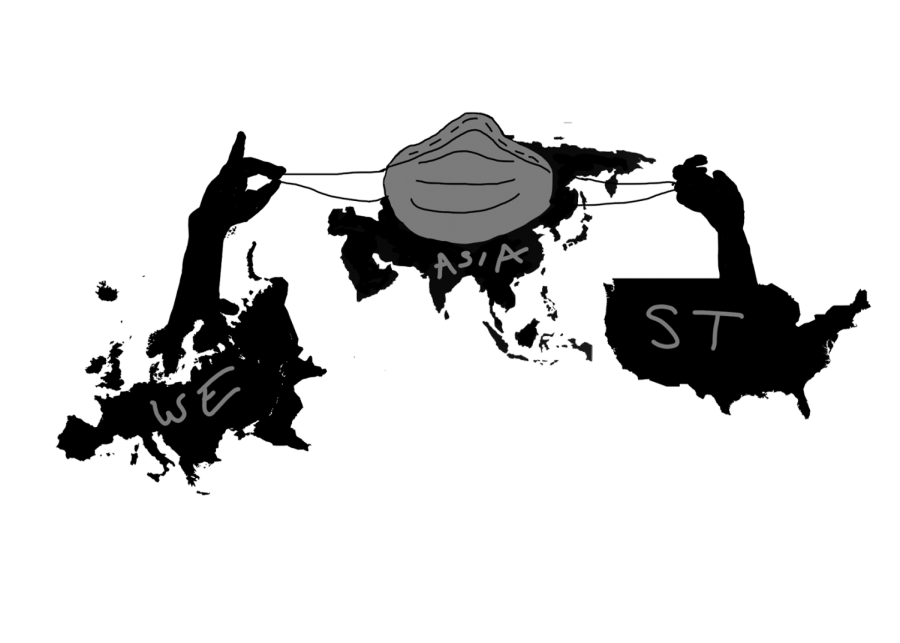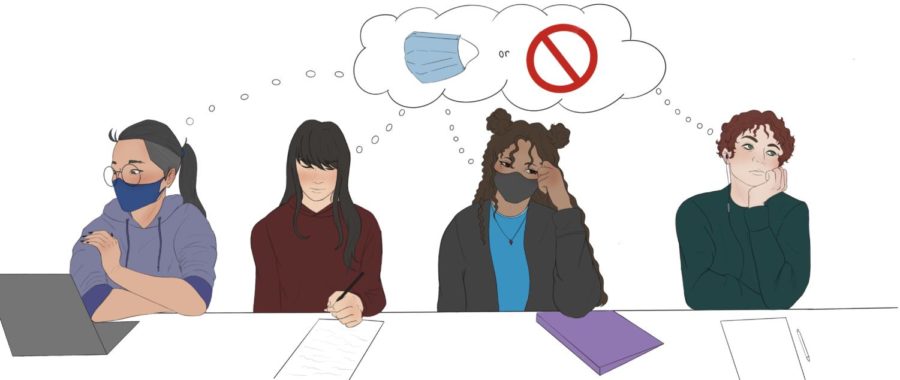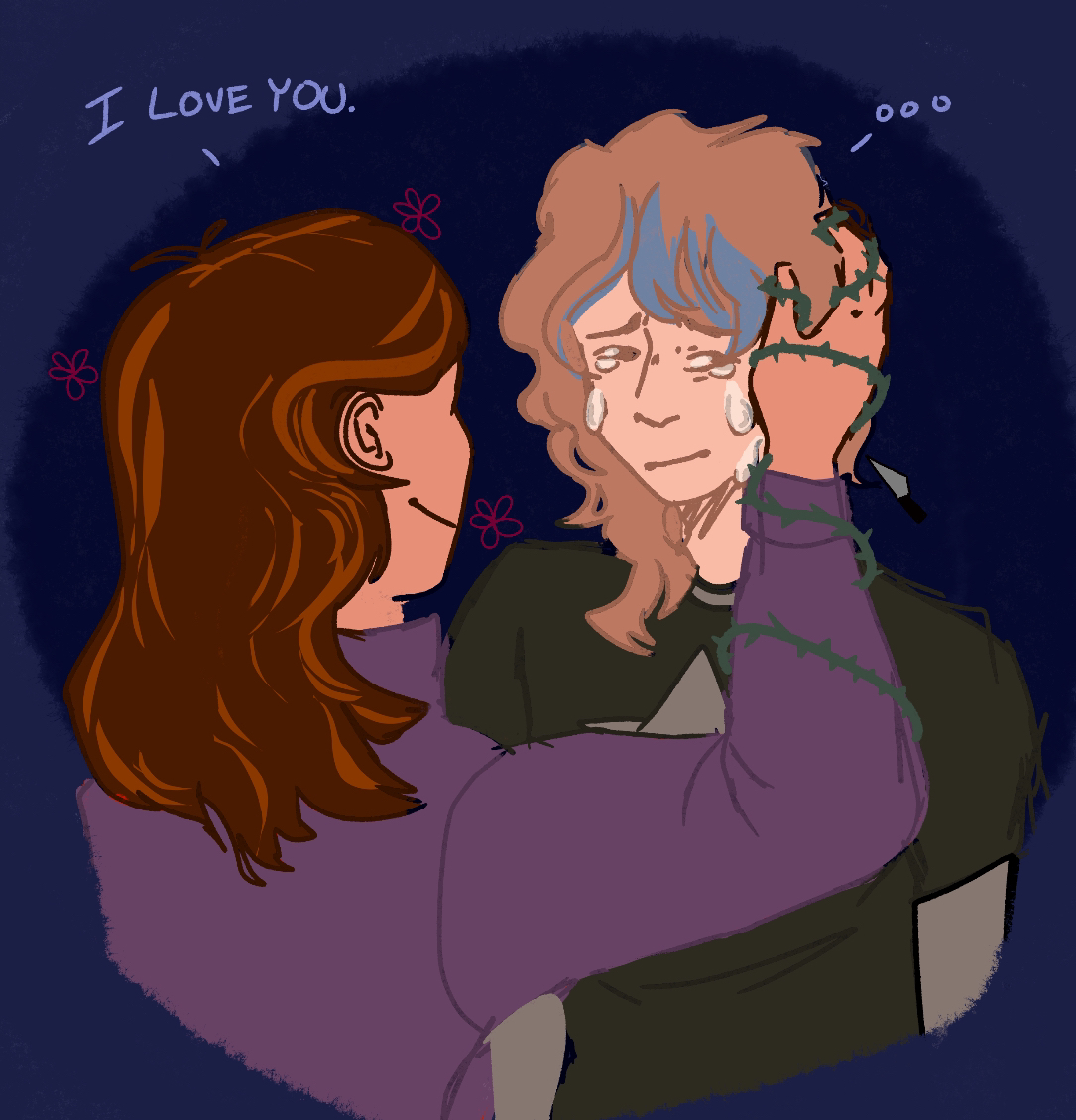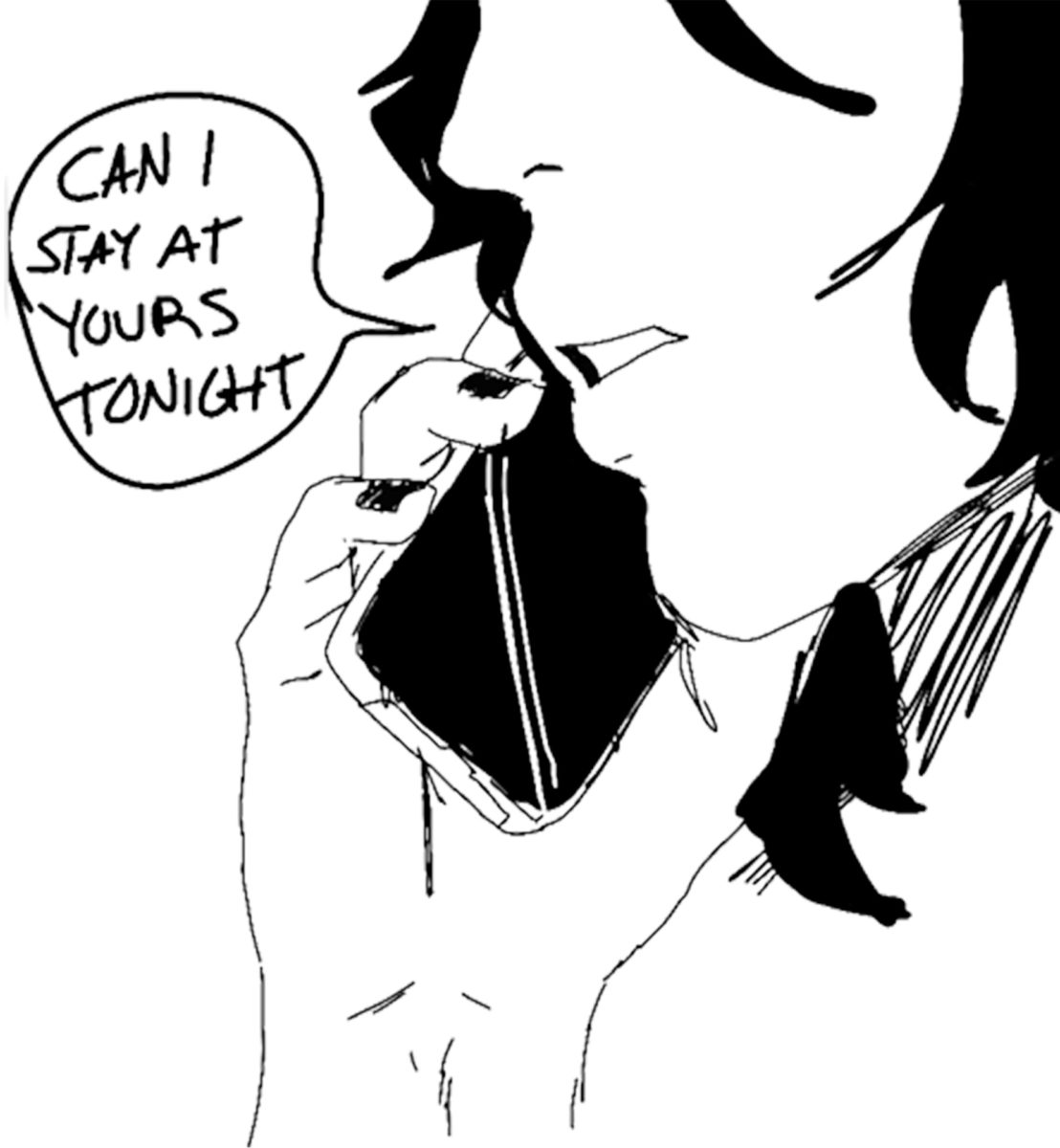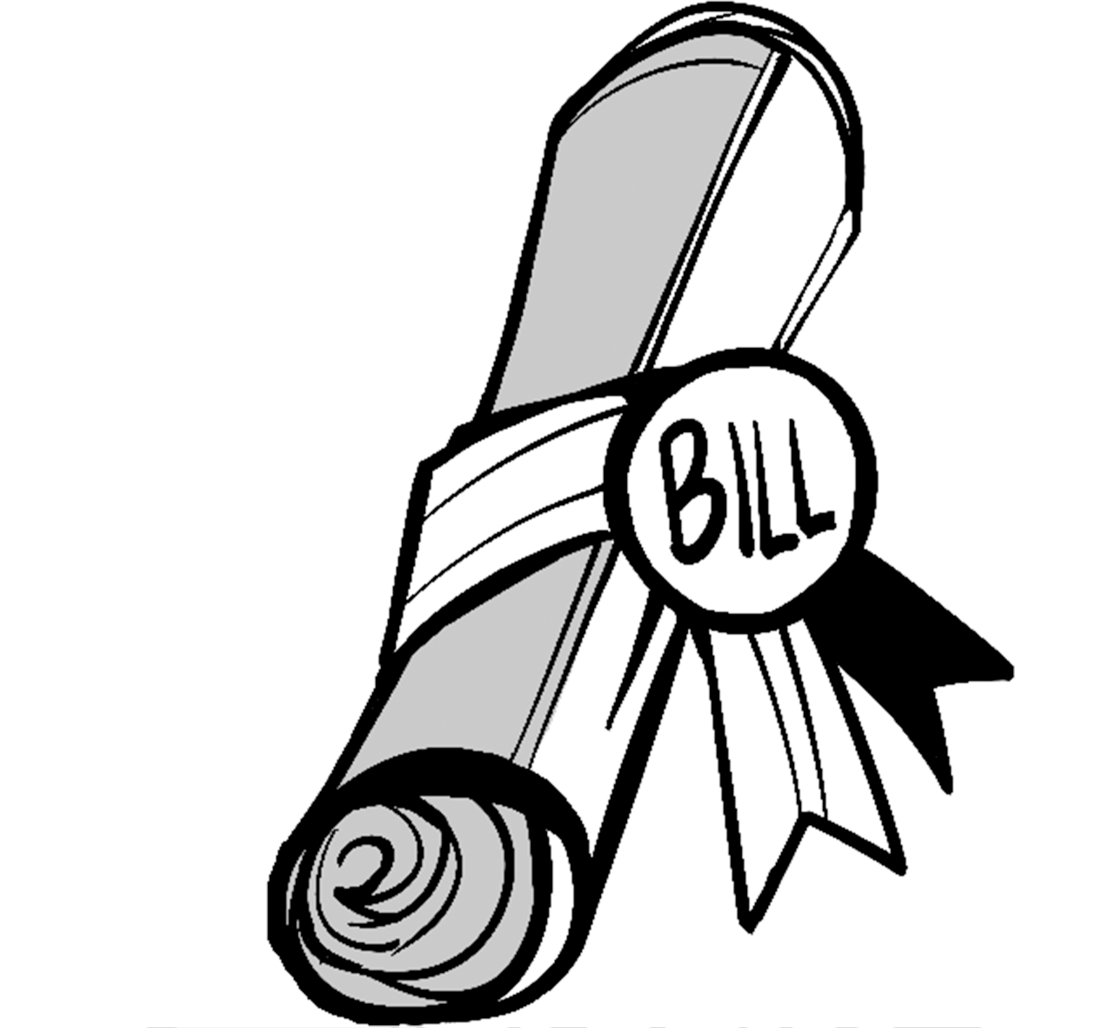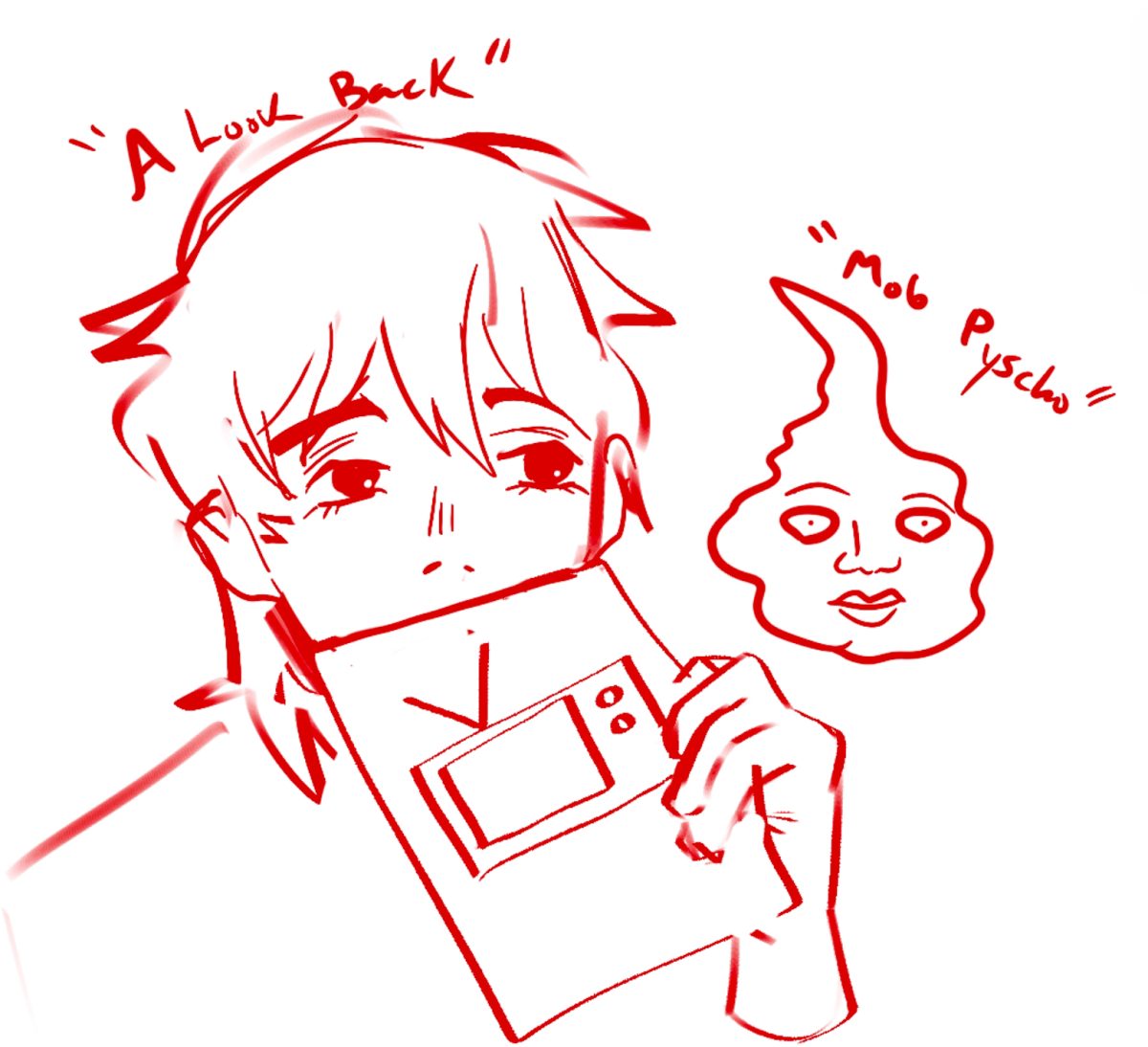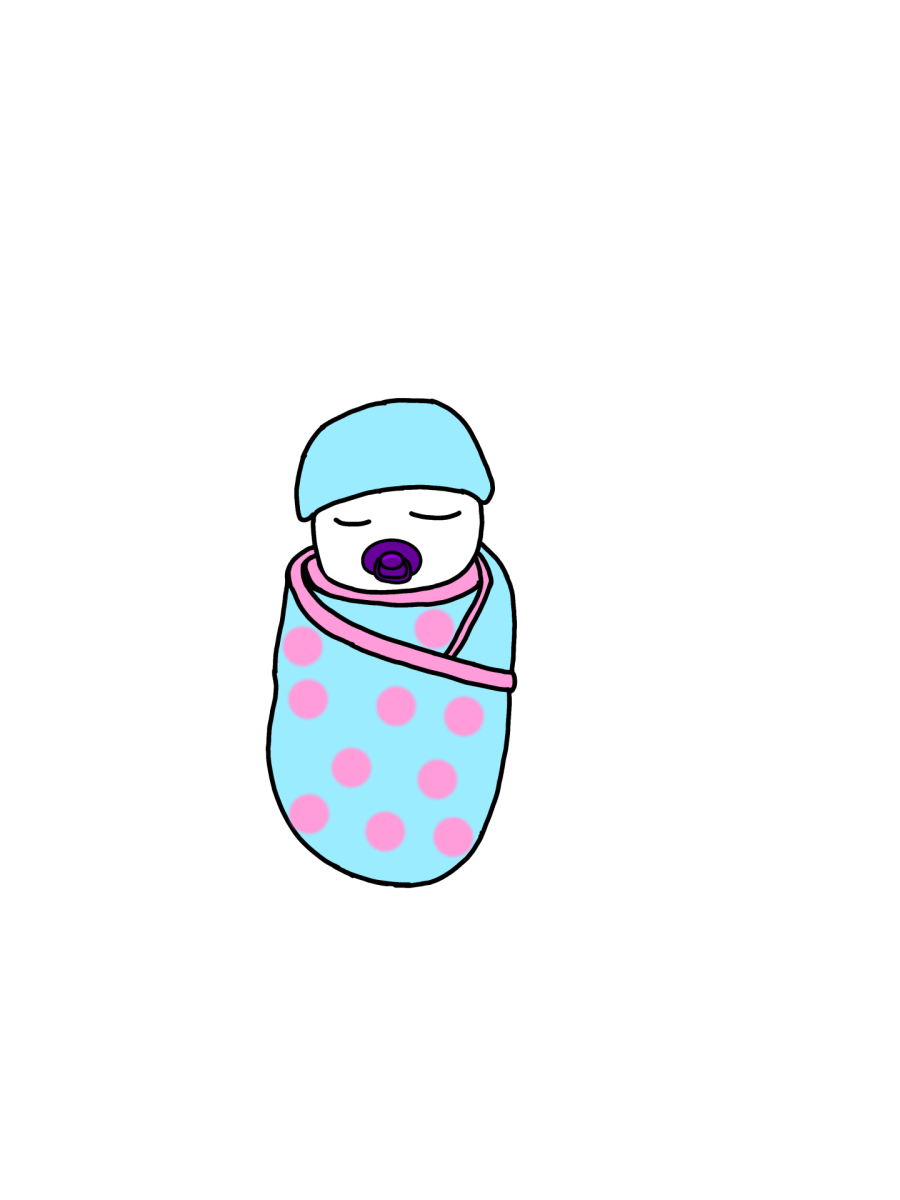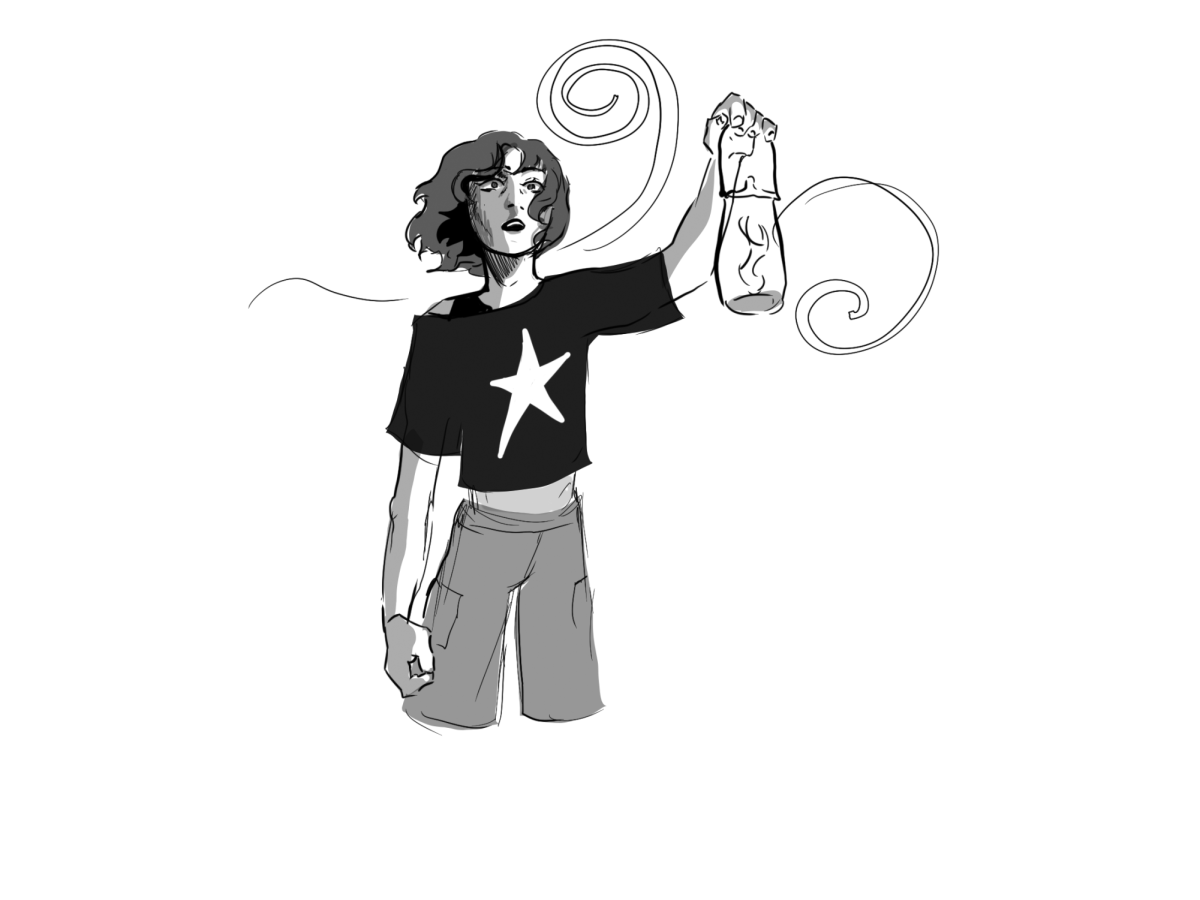A newly identified coronavirus, originating from Wuhan in the Hubei province of China, has been spreading across China and many other nations. This virus, COVID-19, is an infectious disease that had yet to be identified in humans before and is similar in symptoms to many common strains of the flu.
With thousands affected by the Coronavirus Outbreak, an unexpectedly negative effect has emerged against many Asian communities, even in those within countries that have yet to experience a major flare-up of the disease. The Asian community has been at the center of all news concerning the coronavirus in the Western media. Information on the outbreak linking Chinese people to eating wild animals helped fuel this unfounded fear against Asians of all national backgrounds in countries far away from China.
In an Instagram post made by the University of California, Berkeley about common reactions to the Coronavirus, they listed “anxiety” and “xenophobia” among the many responses exhibited by people in their community. Xenophobia is defined as fear, dislike or prejudice against something that is foreign, whether it be a group of people or some sort of object. However, xenophobia should not be normalized as a common reaction. Xenophobia is merely racism and discrimination.
Developing a fear of getting the coronavirus or dying of it is, although exaggerated, one that is far more acceptable and common than being fearful of Asians because of their supposed association with the virus. Asians did not create naturally-occurring viruses like these, but they are the ones facing the greatest consequences from their spread, both through discrimination and deaths.
Racist remarks and actions toward Asians can range from excluding Asians in work or school activities to the extreme of physical assault and other forms of violence.
Racism is evident in cases such as one from California’s San Fernando Valley, where a 16-year-old student was assaulted by bullies and accused of carrying the coronavirus just because of his Asian-American identity.
Los Angeles was the location of another concerning case, where Vietnamese-American 8th grader Dylan Muriano was sent to the nurse’s office after he coughed from swallowing water. After getting cleared, Muriano returned to his class, only to be met with racially motivated teasing by his peers. It should be obvious that coughing does not automatically mean someone has the coronavirus, and Asian people coughing in your vicinity does not put you at greater risk.
The health of Asian businesses has also been impacted by these fears. Businesses in New York’s Chinatown have seen a massive decrease in customers. Chi Vy Ngo, owner of New York’s Bo Ky Vietnamese restaurant says his business “dropped about 60 to 70 percent.” Although nobody has the coronavirus in Chinatown, they are still dealing with the consequences of xenophobic societal narratives.
Although the Coronavirus Outbreak is relatively new, it has not been the first time a disease has sparked racism. In 2002, Severe Acute Respiratory Syndrome, or SARS, broke out in China. Asians received the same level of scrutiny from the media and society as a whole. Ignorance from the public and fearful media coverage fuel the hatred and discrimination against those of Asian descent, leading many to the belief that they are at fault for outbreaks. History is just repeating itself.
The coronavirus is not a “Chinese” disease or a disease to which people of the Asian community have a special susceptibility. Racist and xenophobic behavior should not be brushed off as common reactions, but as a reflection of our society. If we blame a whole group for something like the coronavirus, what does that say about the world in which we live? In times of crisis, we shouldn’t be focusing our attention on looking for someone to blame. Rather, we must become united and overcome these threats.


